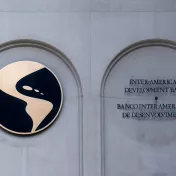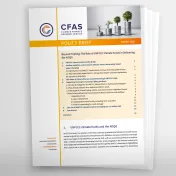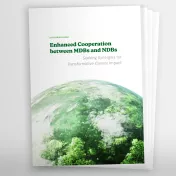Climate finance
The industrialized countries pledged in the "Copenhagen Accord" to finance measures for emission reduction, rainforest protection, and climate change adaptation in developing and emerging countries. By 2020, funding was expected to increase to $100 billion annually. We advocate for Germany to contribute its fair share - within the framework of a coherent climate finance strategy.










